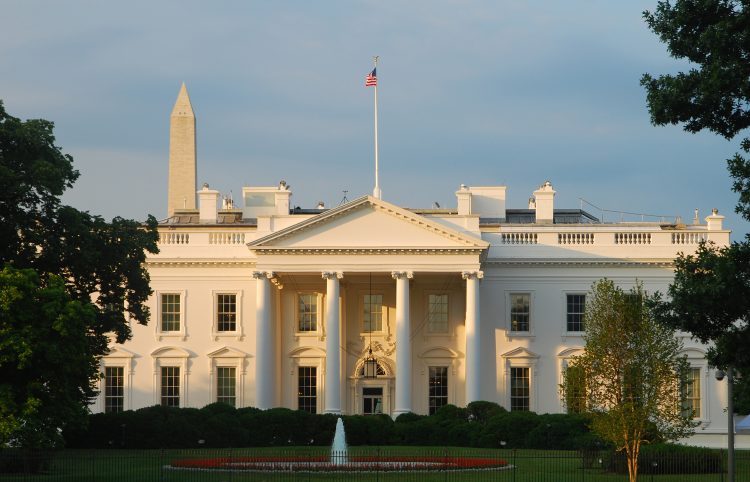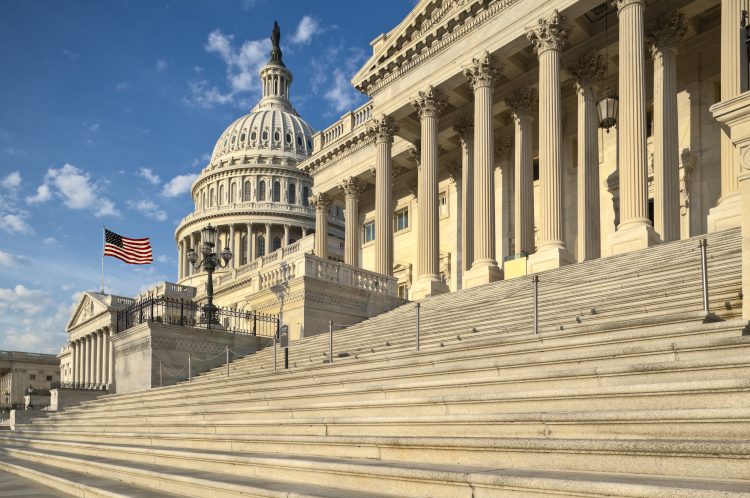This week on Facing the Future, we talked with Christopher Pope, a senior fellow at the Manhattan Institute, about his ideas for slowing the growth of Medicare and Medicaid spending, which accounts for about 22 percent of the federal budget. Concord Coalition chief economist Steve Robinson joined the conversation.
In a 2023 paper, Pope argued that Medicare’s problematic spending growth is not just a matter of aging baby boomers. “When people think traditionally about the growth of Medicare costs,” he told us, “it’s always tied to two things, the increase of prices, or the retirement and aging of the population. What this paper sets out is that those two things are actually not that big of a problem. The big reason why Medicare is such a gigantic problem is cost growth coming from the fact that every new technology that’s invented, every new medical procedure, every new drug, every new device, every new form of surgery layers on top of all the other medical procedures that we’re already providing for the most part.”
“That’s in perpetuity and it’s not tied to any contribution that’s been made in the past. It’s an escalation of costs that is steady and progressive over time. That really is what accounts for the program’s growing burden on the Federal budget,” he continued.
Pope said that looking at the cost growth problem in this way is “a virtuous distinction because, politically, it’s much, much harder to take something away from people than it is to slow the expansion of a benefit package or set of services. So this is actually, in some ways, an easier problem to solve.”
He said the solution is to impose a system of restraint on expanding new services and technology. His recommendation is that “we actually have a process that accounts for the cost as well as the benefit. So there’s not just the obligation to pay for the new service, but there’s the obligation to find offsets. Every year or every six months, the Center for Medicare and Medicaid Services (CMS) would basically say, ‘These are the new codes we need. These are the new services that are coming along that we’re going to need to pay for.’ CMS would send the shopping list to Congress, and Congress would either have to say we’re not going to cover half of these, or we’re going to add on a premium for these new ones. Or we’re going to add a new tax, or we’re going to find offsetting savings from other elements of the Medicare program or other spending items entirely. There would be a structured process, and it would create a hard budget constraint for the first time. We wouldn’t just indiscriminately say ‘sure, we’re going to cover everything regardless of the price’.”
In a paper on Medicaid, Pope argued that the program should limit Federal matches to the states for benefits that exceed the mandated core package.
“Medicaid is really two things,” he said. “It’s the federal government mandating delivery of care for low-income Americans’ healthcare services and secondarily, it’s a way of distributing federal money to states. For every dollar that states spend, the federal government provides between $1 and $9 in federal funds. So this is enormously lucrative for states. A state that spends money on Medicaid has a much better return on investment than a state that spends its money on anything else.”
“Any state that’s trying to balance its budget has a great temptation to spend all its discretionary resources on Medicaid. And who are the states with the most discretionary resources? Well, these are the wealthiest states with the broadest tax bases, the most resources available to them, and they’ve tended to expand Medicaid far more than the poorest states. And so what we’ve ended up with is a Medicaid program that allocates the bulk of its resources to the states with the fewest poor people, which is the opposite of what Medicaid is supposed to be doing.
“Almost two-thirds of Medicaid spending is basically the discretionary expansion of the program beyond the core set of services and largely for the wealthiest sates. What Congress ought to do is put a limit on states’ ability to unilaterally expand the program. It should cap the funds that states can claim as a percentage of, or based on the cost of, the mandatory benefits in the program, and then limit the growth of the program beyond that over time. So the wealthiest states aren’t able to continue this expansion of the program’s benefits and eligibility over time, which is what they’ve been doing for decades.”
Hear more on Facing the Future. Concord Coalition Executive Director Bob Bixby hosts the program each week on WKXL in Concord N.H., and it is also available via podcast. Join us as The Concord Coalition team discusses issues relating to national fiscal policy with budget experts, industry leaders, and elected officials. Past broadcasts are available here. You can subscribe to the podcast on Spotify, Pandora, iTunes, Google Podcasts, Stitcher, or with an RSS feed. Follow Facing the Future on Facebook, and watch videos from past episodes on The Concord Coalition YouTube channel.
Continue Reading










